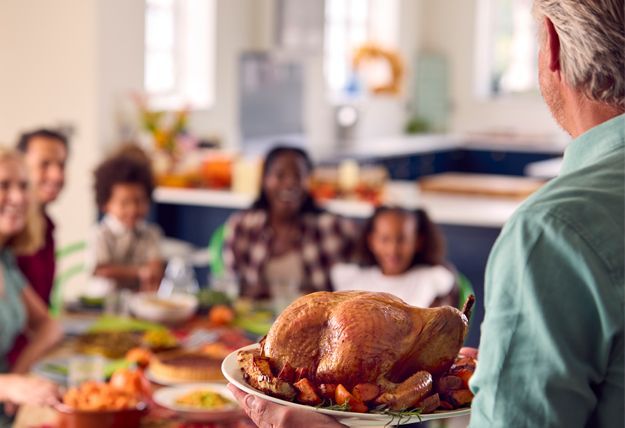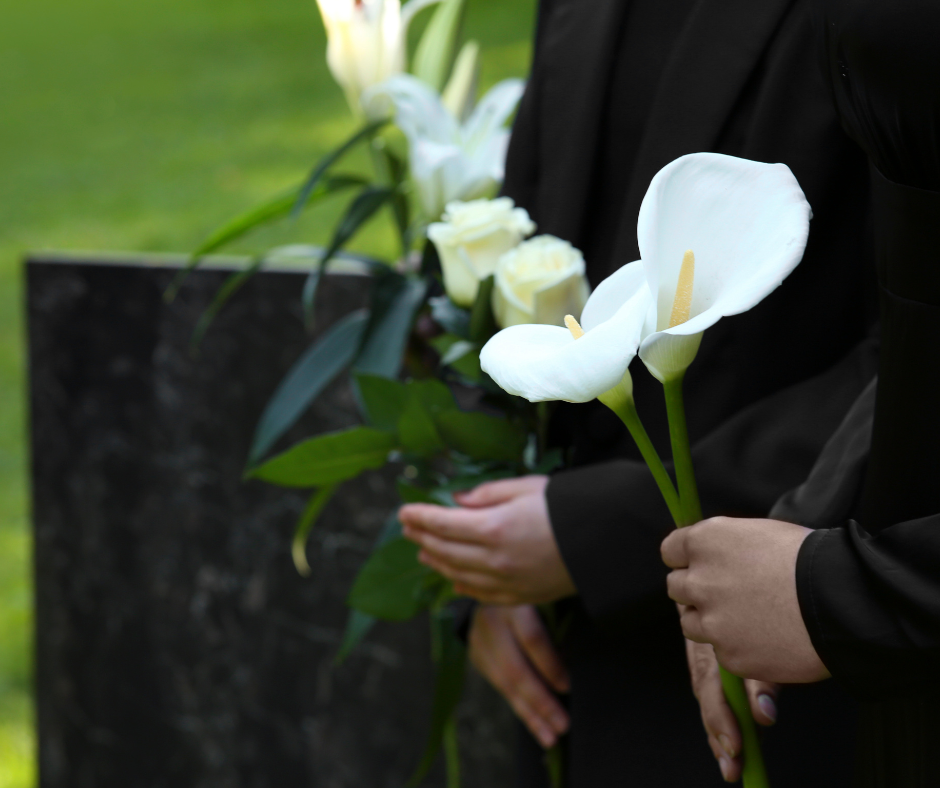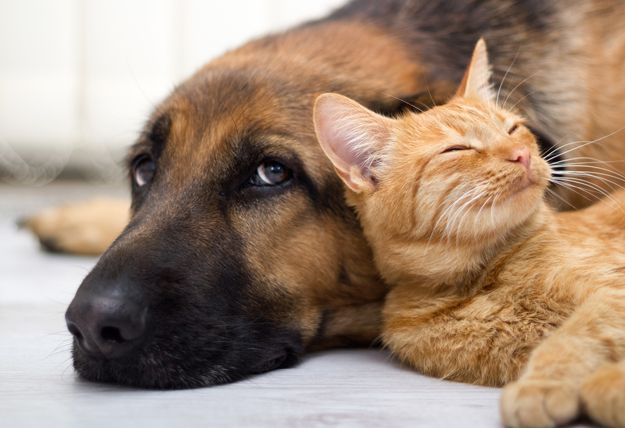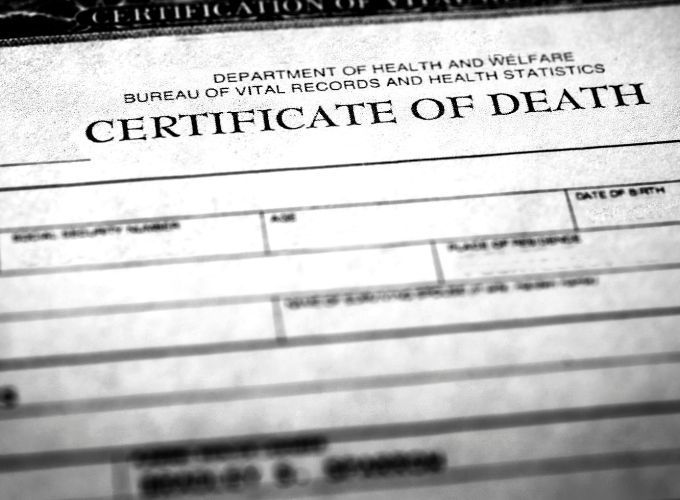Articles Of Interest
7 Ways To Create New Traditions After Loss
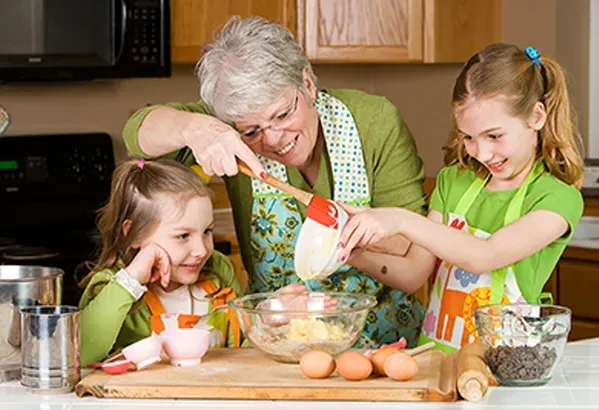
Family traditions and rituals are sacred events. Whether family reunions, religious gatherings, the holidays or family-famous treats, they are all important. These traditions aren’t something you do every day or that are programmed in your mind as an automatic reaction. You choose to do them because they were created with love and meaning to bind your family together. It is the sentiment behind them that make traditions so important.
So what happens when you lose an integral part of that tradition? After losing a loved one you may need to modify or skip those traditions completely. It is evident when the tradition comes around that things are not going to be the same. You may be tempted to try to keep things exactly as they were before to maintain the sense of safety and security you felt before losing your loved one. You may feel like if you change or skip the tradition, you are just as much abandoning that time in your life when your loved one was still alive. Either reaction is fine – the most important thing to do is acknowledge things are going to be different.
Here are just a few suggestions on how to remain positive, keep those traditions alive or start new traditions:
1. Start with small rituals.
Tradition is something that binds families together and makes them feel safe and comfortable. Changing those traditions can be incredibly scary, especially after the passing of a loved one. You may be afraid that change means you are letting go or forgetting about the traditions your loved one held so dearly or was a big part of. But upholding major family traditions can be difficult, especially after a recent loss. If that’s the case, don’t overlook the value of your family’s small rituals. Those weekly phone calls to mom while you’re away at college or those weekly dinners at Grandma’s house are just as important as the big holiday family get-togethers.
By focusing on those small connections with your family, you will be better equipped to handle larger scale events, such as the first holiday season after the losing a loved one. So, start with something small. Take a break from your schedule to sit down and have coffee with Dad, see a movie with your sister or even pick up the phone and tell Mom about your week. It’s likely they are experiencing grief as well, and processing it together can be a helpful step in the healing process. Those small rituals may not seem like much, but they are the start of a stronger family bond.
2. Accept that change is perfectly okay.
If you decide to make changes to your family traditions, keep in mind that it is okay. Change is a natural part of life - family traditions change all the time. I guarantee that some, if not all, of your family traditions have been tweaked or changed in some aspect over the years for some reason or another – your sister Jill moved across the country or Grandpa Jack is now in a retirement home. Every tradition adapts to the changing dynamics in a family and your family adapts in response. While the adjustment to a family member passing may require a bigger transition, it is important to be open to the change and accept it for what it is – a new opportunity to create stronger family bonds and traditions.
3. Think of change as an opportunity.
It can be easy to view change in a negative light, knowing tradition won’t be the same without your loved one involved. But, instead of going into holidays, family reunions or celebrations with a cloud over your head, think of them as opportunities to remember your loved one and celebrate his life with the people who knew him best. It will be difficult and unfamiliar at first, but it is also a chance to remind the family why you are really here, what brings the family together. If they had a favorite holiday, consider holding a memorial service during your celebration.
4. Keep in mind the meaning behind your traditions.
In most situations, a family tradition is done to bond the family in a safe and comfortable environment. But sometimes, traditions are done just for the sake of tradition. For example, Grandma Betty may have started the annual door-to-door Christmas carols that the whole family partakes in, but now, Grandma Betty is gone. The whole family still carries on the tradition, but you dread going door-to-door every year because you always get stuck standing next to Uncle Dave who is incredibly tone deaf. Say you skip out on this year’s caroling because you want to avoid the humiliation and think you have better things to do. You stay home and hear from Cousin Sarah that Uncle Dave tried to hit the high note in Joy to the World. When all of the dogs in the neighborhood started barking, the family couldn’t finish the song because they were laughing so hard.
Sometimes, those family traditions that may not be your favorite do a lot more than simply forcing you to do things as a family. They help you create lasting memories with your loved ones. When you consider changes following the death of a loved one, keep that goal in mind. You might not feel up to caroling this year, but you can still find other ways to connect with your family.
5. Remember that traditions don’t have to be perfect.
It is understandable that after your family suffers a loss of a loved one, you want everything to be perfect, no glitches at the next family reunion or Thanksgiving. You want to prove to yourself and to your family that you can still go on and function despite the loss you have suffered. But keep in mind that your family event won’t feel perfect without your loved one – and that’s okay. Think back to your family events. Which one was more memorable: the time that the turkey was perfectly carved and everyone sat around in their Sunday best, or the time that you had to order Chinese because Dad tried to deep fry the turkey and it took off like a rocket?
It is those perfectly imperfect events that are the most memorable. Building those memories and establishing those bonds will create a stronger and more secure environment to deal with loss and grief.
6. Don’t ignore the absence.
Sometimes, when a loss occurs it feels easier to pretend like nothing’s changed. But what seems like a good coping mechanism can easily turn into the big elephant in the middle of Christmas dinner. There are a couple of different ways you can combat this. For example, if you are at a family reunion shortly after someone in the family dies, consider setting a place for them, incorporating their favorite dish or flower or releasing balloons in their memory.
It is healthy to acknowledge the passing of a loved one and could be easier when in the company of family. It can bring up old memories of your loved one that can be talked about as part of the healing process. Sharing memories in meaningful ways may even turn into a new tradition.
7. Plan ahead and be prepared.
As tough as it may be, it is important that you sit down and have a conversation with the family about how traditions may change after a loved one’s passing. By planning for the changes, you can help create realistic expectations which can have a positive impact on the rest of the family. They are more likely to have a more rational response if they have had time to prepare and react to the changes. You won’t be surprised when Grandma Betty’s potato salad won’t be making an appearance at the next family picnic because you’ve talked about it in advance. Maybe this year you decide to have everyone bring their favorite potato salad recipe and hold a taste-test to decide who will be responsible for making it for future gatherings.
While this is a relatively small example, the same approach can be applied to more significant changes to tradition.
